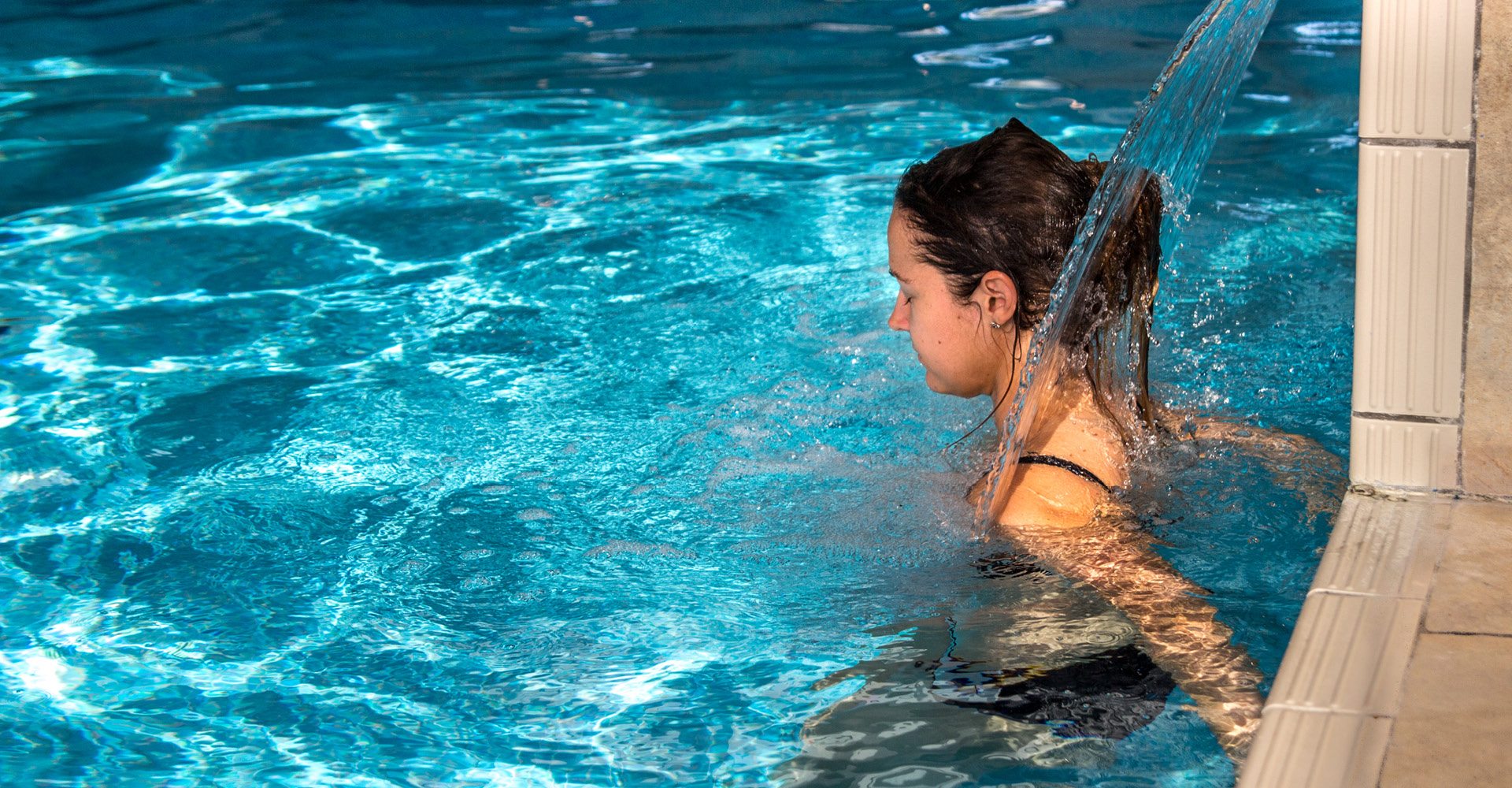What is a Day Spa and how do you Spa?
What is a Spa?
The history…
The word “spa” has its origins in the town of Spa, located in the Ardennes region of Belgium. The town’s name is believed to come from the Latin word “spagere,” which means “to scatter” or “to sprinkle.” This is likely a reference to the town’s natural mineral springs, which were historically used for therapeutic bathing and drinking. The healing properties of the mineral-rich waters in Spa gained popularity during the Roman era and continued to be sought after throughout history.
In the 16th century, the term “spa” began to be used more widely to refer to any place where natural mineral springs were utilized for medicinal or recreational purposes. Over time, “spa” came to represent not just the town of Spa itself but also any location that offered similar therapeutic bathing and wellness treatments. As the concept of spa treatments expanded, it encompassed various health and relaxation practices beyond just mineral springs, such as massages, facials, and other wellness therapies.
A place for wellness…
Today, the term “spa” has become synonymous with establishments that provide a range of relaxation and beauty services aimed at promoting physical and mental well-being. Whether the focus is on natural mineral waters or a broader spectrum of wellness treatments, the word “spa” has evolved to represent a place of rejuvenation and self-care.
Peace through water…
Conversely the term “spa” is often associated with the Latin phrase “Salus Per Aquam,” which translates to “health through water.” This phrase captures the essence of the historical use of mineral-rich waters for their therapeutic benefits. The practice of using natural mineral springs for health and relaxation purposes dates back to ancient civilizations, including the Romans, who recognized the healing properties of certain waters.
The concept behind “Salus Per Aquam” is the idea that immersing oneself in or using water with specific mineral content can have positive effects on health, such as soothing sore muscles, improving skin conditions, and promoting overall relaxation. This concept underlies many spa treatments and practices, where water-based therapies like baths, hydrotherapy, and mineral soaks are central to the experience.
So, while the word “spa” itself has origins in the town of Spa in Belgium, the Latin phrase “Salus Per Aquam” represents the broader historical and cultural context of using water for health and wellness purposes, which is at the heart of the spa tradition.

How do you “Spa”?
“Spa-ing” refers to the act of engaging in various relaxation, wellness, and self-care activities typically offered at a spa. Here’s how you can “spa” and enjoy a rejuvenating experience:
Choose Your Spa:
Research and select a reputable day spa or wellness CENTRE that offers the services you’re interested in. Consider the location, types of treatments, reviews, and overall ambiance.
Book an Appointment:
Contact the spa and make a reservation for the treatments you’d like to experience. Many spas offer packages that combine different services for a comprehensive experience.
Arrive Early:
Plan to arrive a bit early for your appointment. This will give you time to check in, change into comfortable attire (often provided by the spa), and start to unwind.
Explore Amenities:
If the spa has additional amenities like saunas, steam rooms, whirlpools, or relaxation lounges, take advantage of them before or after your treatments. These features can enhance your overall experience.
Treatments:
- Massages: Enjoy different types of massages, such as Swedish, deep tissue, or hot stone, to relax your muscles and relieve tension.
- Facials: Indulge in a facial treatment tailored to your skin type and concerns to rejuvenate and nourish your skin.
- Body Treatments: Try body scrubs, wraps, or exfoliation treatments to refresh and revitalize your skin.
- Manicures and Pedicures: Pamper your hands and feet with treatments that include nail care, moisturizing, and relaxation.
- Hydrotherapy: Experience water-based therapies like hot tubs, whirlpools, or hydro-massage to soothe your body.
Relaxation:
Whether it’s during treatments or in between, focus on relaxation. Breathe deeply, let go of stress, and allow yourself to fully immerse in the experience.
Stay Hydrated:
Drink plenty of water before and after your treatments to stay hydrated and support your body’s detoxification process.
Disconnect:
Consider disconnecting from your electronic devices to fully disconnect from the outside world and enhance your relaxation.
Mindfulness:
Practice mindfulness by being present in the moment. This can amplify the benefits of relaxation and help you fully enjoy the experience.
Post-Spa Care:
After your spa experience, take some time to savor the relaxation and continue to care for yourself. Avoid rushing back into a hectic routine.
Remember that each person’s preferences are unique, so tailor your spa experience to what brings you the most relaxation and joy. Whether it’s a serene massage, a rejuvenating facial, or simply spending time in a peaceful environment, the goal is to leave the spa feeling refreshed and rejuvenated.

Why should you spa?
Spa experiences offer a range of physical, mental, and emotional benefits that can enhance your overall well-being. Here are some reasons why you might consider engaging in spa activities:
Relaxation and Stress Relief:
One of the primary reasons people spa is to relax and alleviate stress. Spa treatments like massages, aromatherapy, and hydrotherapy can help reduce muscle tension, lower cortisol levels, and promote relaxation, which is essential for maintaining good mental and physical health.
Physical Rejuvenation:
Spa treatments such as facials, body wraps, and exfoliation can rejuvenate your skin and promote a healthy complexion. Soaking in mineral-rich waters or receiving therapeutic massages can also improve circulation and contribute to your body’s overall vitality.
Mental Clarity and Mindfulness:
Spa experiences encourage mindfulness and being present in the moment. Disconnecting from daily stresses and focusing on relaxation can help clear your mind and improve mental clarity.
Pain Relief:
Many spa treatments, particularly massages, can provide relief from chronic pain, tension headaches, and muscular discomfort. Skilled therapists can target specific areas of pain or tension and help alleviate discomfort.
Detoxification:
Certain spa treatments, like saunas and detoxifying body wraps, can support your body’s natural detoxification process by promoting sweating and eliminating toxins.
Improved Sleep: The relaxation induced by spa treatments can lead to improved sleep quality. Releasing tension and stress can help you achieve a more restful night’s sleep.
Self-Care and Pampering:
Taking time for self-care is crucial for maintaining a healthy work-life balance. Spa experiences provide an opportunity to treat yourself, practice self-love, and prioritise your well-being.
Skin Health:
Facials, body treatments, and skincare services offered at spas can help improve skin health, address specific skin concerns, and enhance your overall appearance.
Boosted Mood:
Spa experiences often lead to the release of endorphins, which are natural mood enhancers. Enjoying a relaxing massage or other treatments can uplift your spirits and create a positive emotional state.
Quality Time Alone or with Loved Ones:
Spa outings can be enjoyed alone as a form of solitude and self-reflection, or you can share the experience with friends, family, or a partner as a bonding activity.
Mind-Body Connection:
Engaging in spa activities can foster a stronger connection between your mind and body. This awareness can lead to healthier lifestyle choices and a greater understanding of how to care for yourself.
Ultimately, the reasons to spa vary from person to person. Some seek physical rejuvenation, others desire mental relaxation, and many appreciate the overall sense of well-being that spa experiences provide. Whether you’re looking to unwind, pamper yourself, or address specific health concerns, a spa experience can be a valuable addition to your wellness routine.
How can I purchase a spa experience
At The Grange Spa we have tried to make it as easy as possible, you can book your spa experience online, check out our spa experiences, purchase a voucher or take a look at our facilities, we even have a snazzy video. A spa day is a great way to relax, reconnect or just take some much-needed time out.
